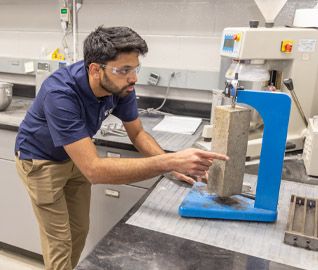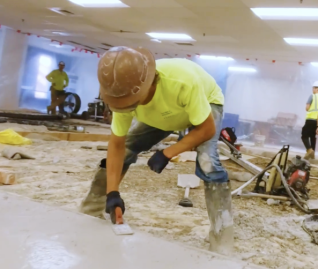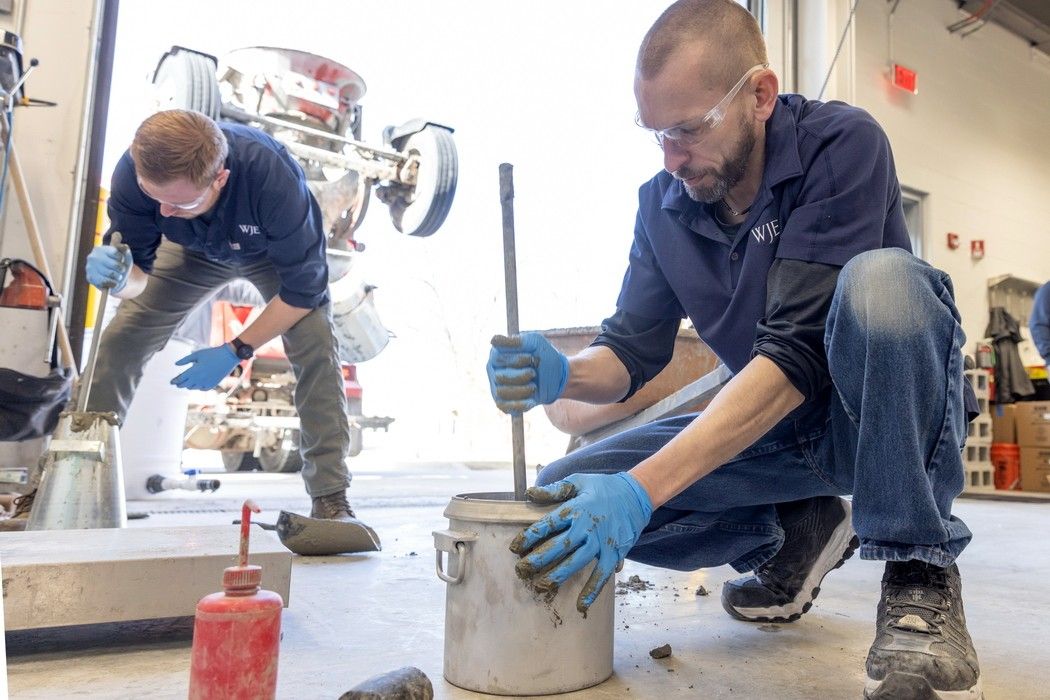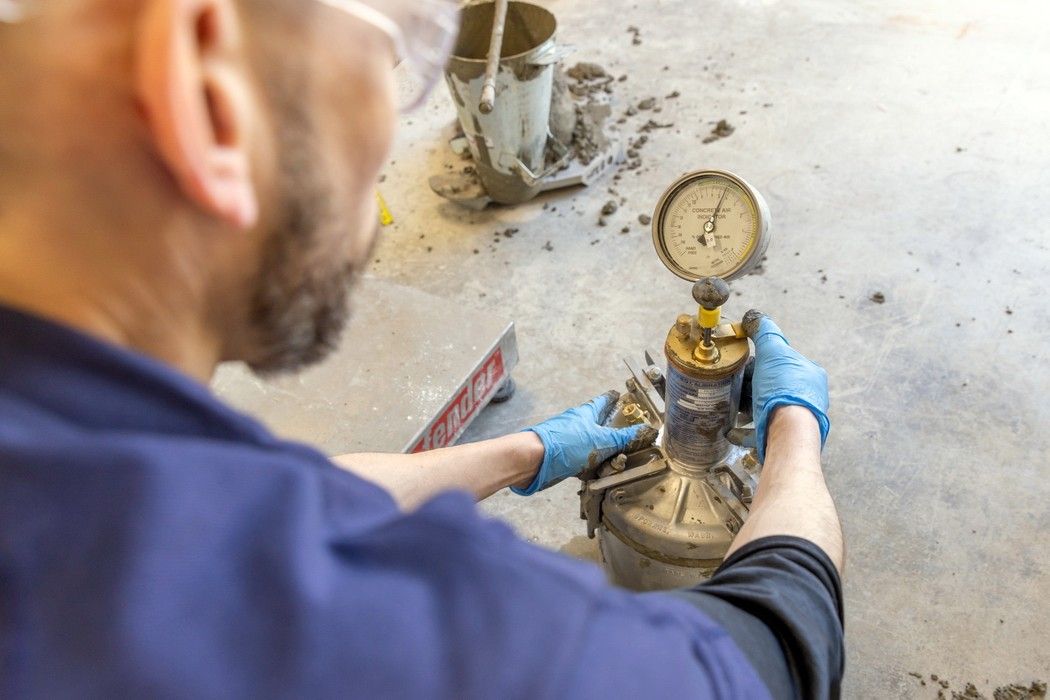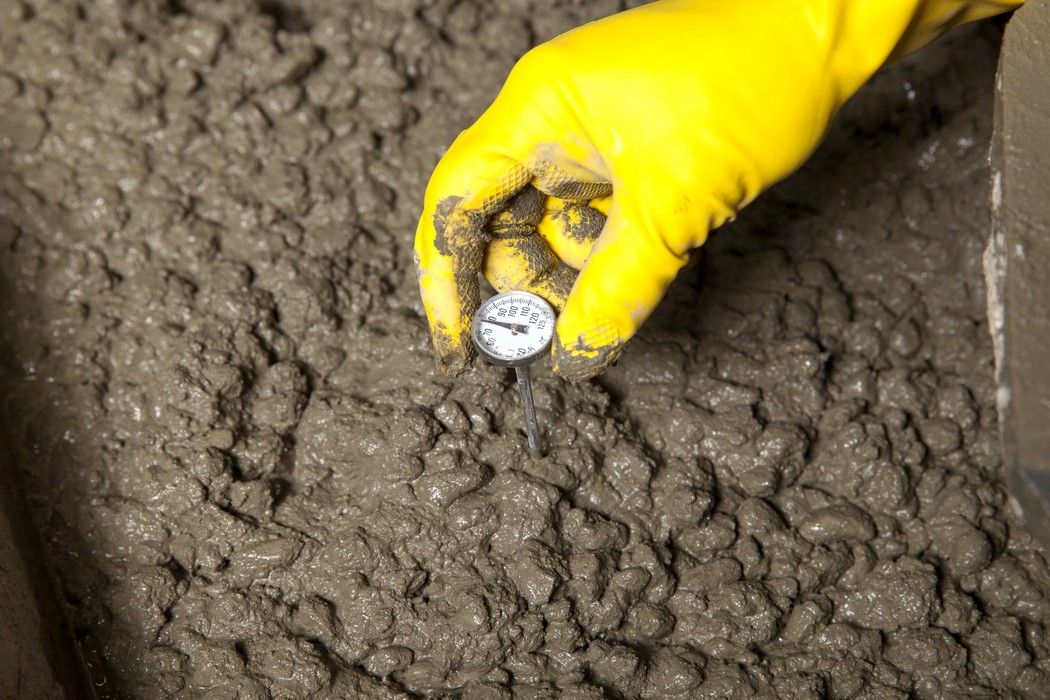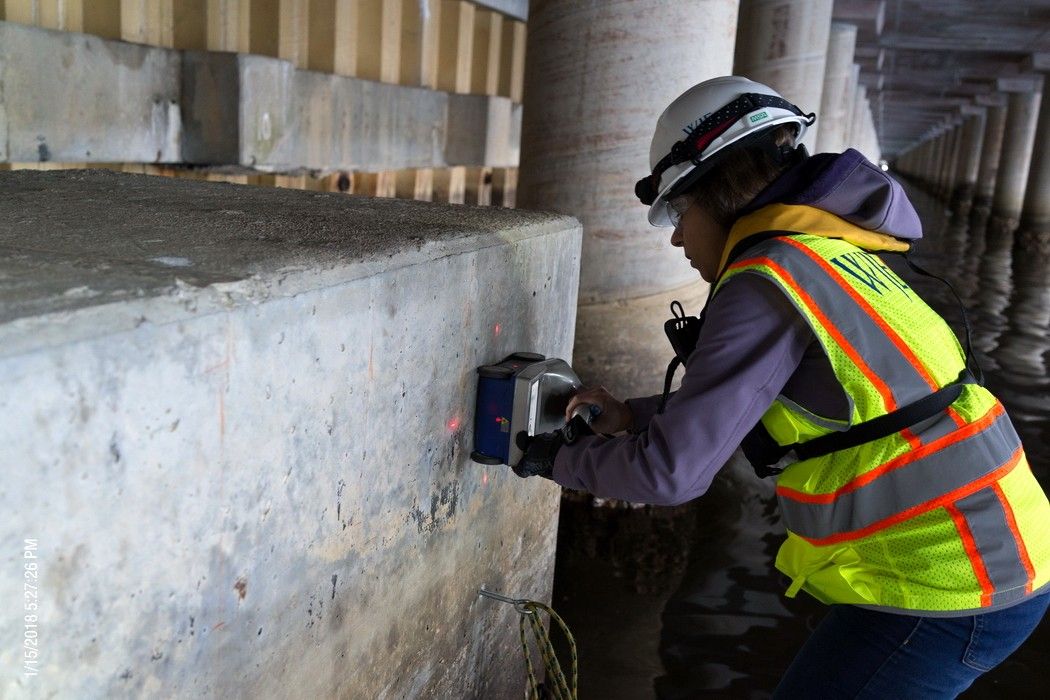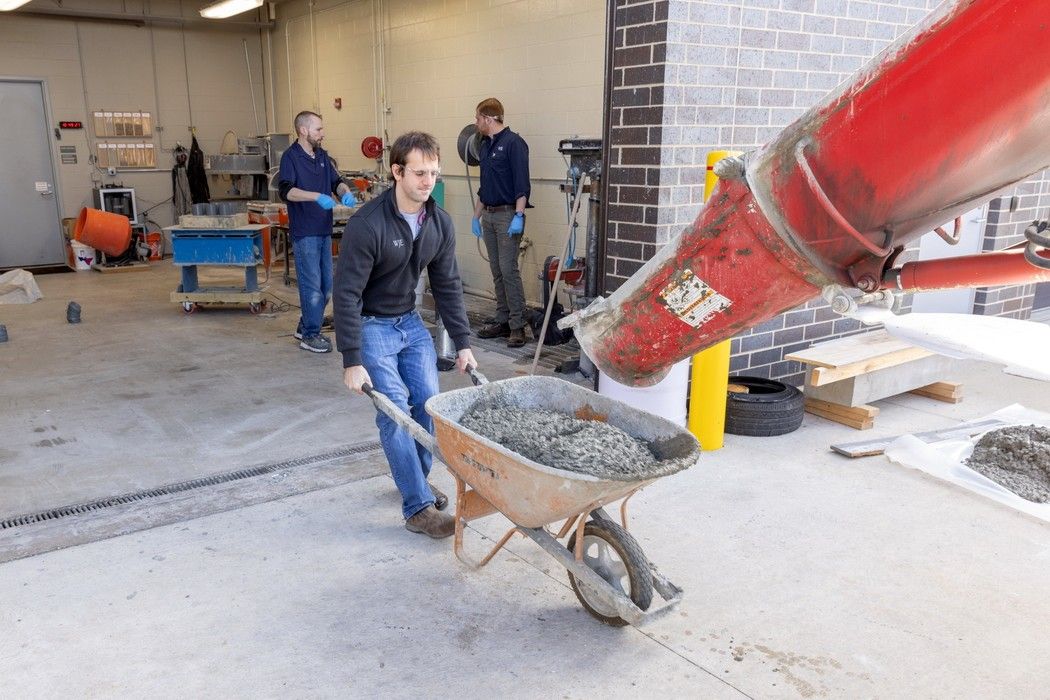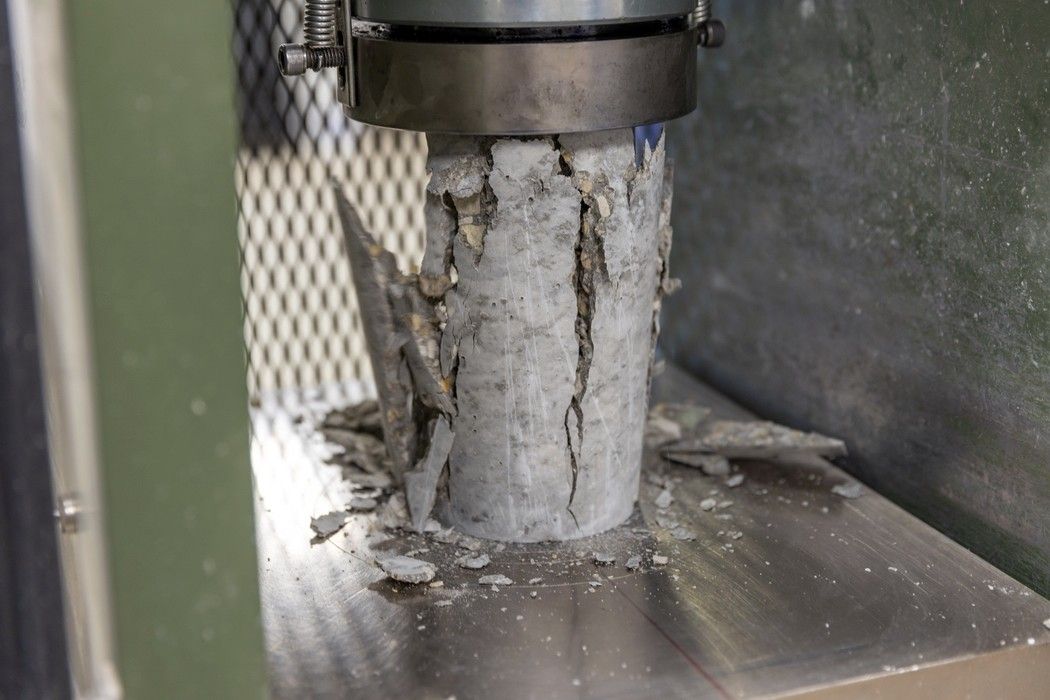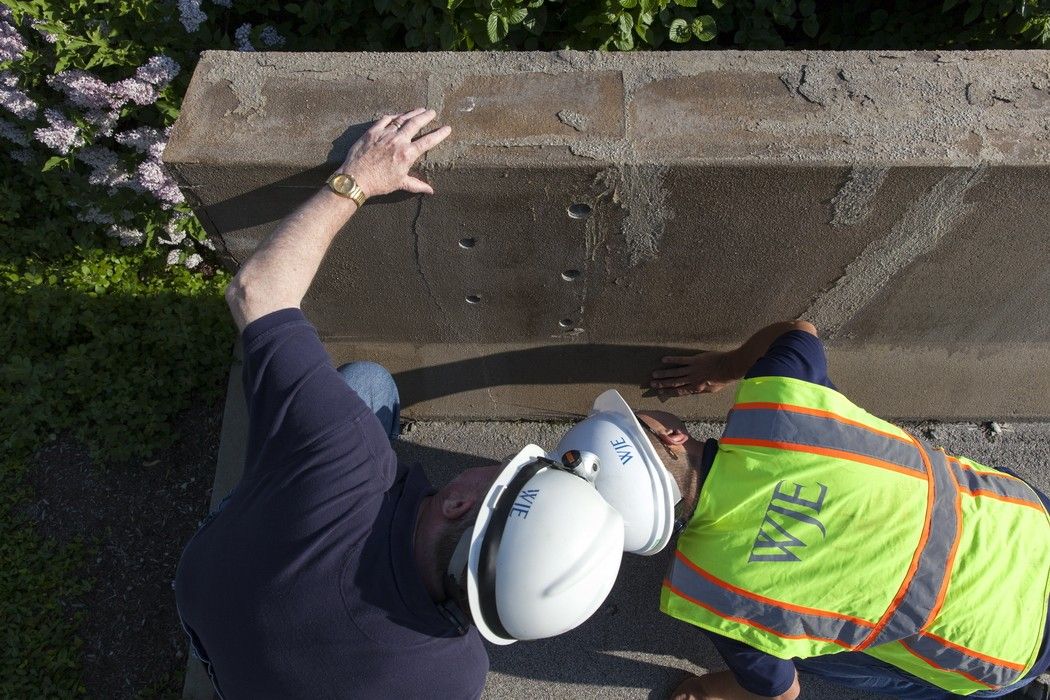What is Sustainable Concrete?
Concrete is the most commonly used construction material after water, with roughly two cubic yards of concrete produced each year for every person on the planet. It is literally the building block of civilization, yet its use comes with a cost: 5–8% of annual global greenhouse gas emissions is associated with the use of concrete. The use of sustainable concrete—also known as low carbon concrete—is growing quickly, as it can help reduce the carbon footprint of concrete use. WJE’s sustainable concrete practice aims to be your consultant of choice when applying the many varieties and considerations that need to be made when specifying, evaluating, and constructing low carbon concrete.
Considerable efforts are underway to reduce the carbon footprint of producing concrete.
Webinar: Low Carbon Concrete: Challenges and Opportunites
WJE materials engineers Kate Hawkins and Tom Van Dam discuss methods to reduce the carbon footprint of concrete using currently available and emerging technologies, the use of environmental product declarations to benchmark and assess improvements, and strategies to identify and mitigate potential challenges posed by the use of lower carbon concrete.
Expert Solutions
Our professionals are experts in the world of sustainable concrete. Our team has been involved with directing design, materials, and sustainability groups conducting investigative and research projects for federal agencies, state departments of transportation, local agencies, private industry, and nonprofit foundations.
We can guide you on the material constituents of the concrete and offer our expertise to test and evaluate low carbon concrete. We can investigate and provide a practical approach to the utilization of sustainable concrete in many applications while ensuring concrete durability, strength, and constructability.
"Buy Clean" Initiatives
The U.S. government passed “Buy Clean” legislation and industry organizations are advocating net-zero initiatives to reduce the carbon footprint of concrete by both reducing the amount of portland cement clinker in cement and the amount of overall cement used. We are intimately knowledgeable of the industry trend towards sustainable concrete and ready to help our clients navigate these changes through comprehensive and innovative problem-solving.
- Materials engineering
- Materials evaluation and testing
- Concrete structures
- “Buy Clean” legislation consulting
- Sustainable (low carbon) concrete alternatives in tilt-up panel construction
- Inflation Reduction Act (IRA) Section 60506 consulting
- Cement and concrete optimization
- ASTM C1157 cement
-
ASTM C1709 cement
-
AC529 - Low-carbon Alternative Cements for Use in Concrete
RELATED WJE REPORTS
Low Embodied Carbon Concrete – Tilt-Up Panels Pilot Study (PDF)
Field Pilot of Low Carbon Concrete (PDF)
MORE INFORMATION
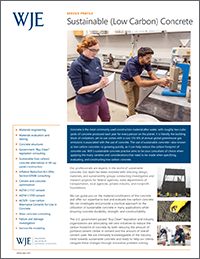 For more information, download our Sustainable (Low Carbon Concrete Service Profile (PDF)
For more information, download our Sustainable (Low Carbon Concrete Service Profile (PDF)


